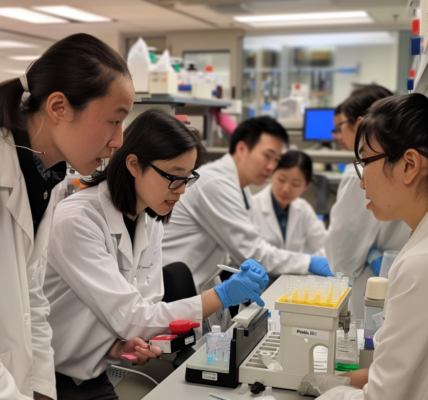Oral health plays a crucial role in overall health and quality of life, influencing various aspects of daily living, from nutrition to self-esteem and social participation. Recognizing the intrinsic link between oral health and general well-being is essential for understanding its impact over the lifespan.
Neglecting oral health can lead to significant adverse effects, including systemic diseases such as diabetes and cardiovascular conditions. Furthermore, poor oral health can contribute to complications during pregnancy and cognitive impairments in later life. This underscores the importance of addressing oral health proactively at every stage of life.
Social determinants, including income, education, and access to healthcare services, significantly influence oral health outcomes. These factors can lead to disparities across different population groups, highlighting the need for targeted interventions and policies that promote equitable access to oral health care.
This research initiative aims to provide a comprehensive understanding of how oral health affects quality of life throughout the lifespan. By identifying critical periods for intervention, the project seeks to develop effective strategies to mitigate disparities in oral health outcomes.
Contributions to this research topic are sought in several key areas:
Pediatric Oral Health
Early dental care is vital for preventing childhood tooth decay, which is the most prevalent chronic disease among children. Investigating the impact of parental knowledge and practices on children’s oral health outcomes is essential. Educational interventions can play a significant role in improving these outcomes, ensuring that children develop healthy habits from a young age.
Adolescent Dental Care
During adolescence, individuals face unique dental challenges, including orthodontic issues and the effects of diet and hormonal changes. The influence of social media and peer pressure on adolescents’ oral health behaviors cannot be overlooked. Exploring the potential for digital health interventions to promote positive oral health practices among teenagers is a critical area of research.
Oral Health Maintenance in Adulthood
As adults age, managing periodontal diseases becomes increasingly important. Nearly half of adults over 30 are affected by these conditions, which are closely linked to systemic diseases such as diabetes and heart disease. Evaluating the economic burden of dental treatments and identifying cost-effective preventive care strategies are essential for promoting oral health in adulthood.
Ensuring Oral Health in the Elderly
Oral health issues such as tooth loss and dry mouth can significantly impact the nutrition and quality of life of older adults. Innovative approaches to address these age-related challenges are needed. Additionally, educating caregivers about oral health can lead to improved outcomes for dependent older adults, ensuring they receive the necessary care and support.
By focusing on the intersectionality of oral health as both a metric and a marker for quality of life, this research initiative aims to elucidate the pivotal role of oral health in overall well-being. Through a lifespan approach, effective interventions tailored to different life stages and contexts can be charted, ultimately contributing to healthier communities.
Current and previous policy initiatives related to oral health will also be assessed to identify successful strategies and areas needing improvement. This comprehensive evaluation will provide insights into what works and what does not in promoting oral health at a societal level.
In summary, the proposed research topic seeks to foster a deeper understanding of oral health’s impact on quality of life across the lifespan. By addressing the unique challenges faced by different age groups and the social determinants influencing oral health outcomes, the initiative aims to promote better oral health practices and policies that benefit individuals and communities alike.





